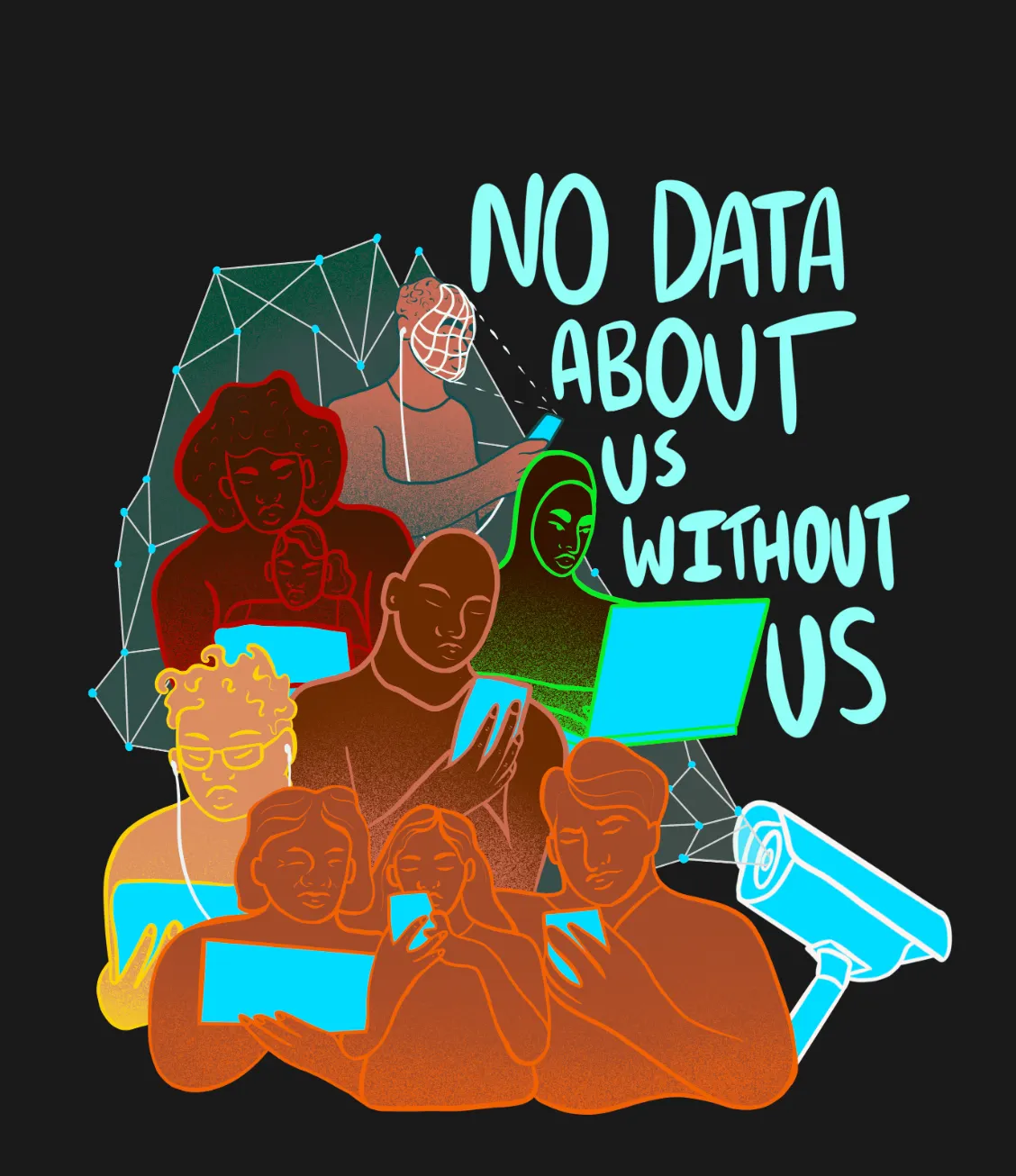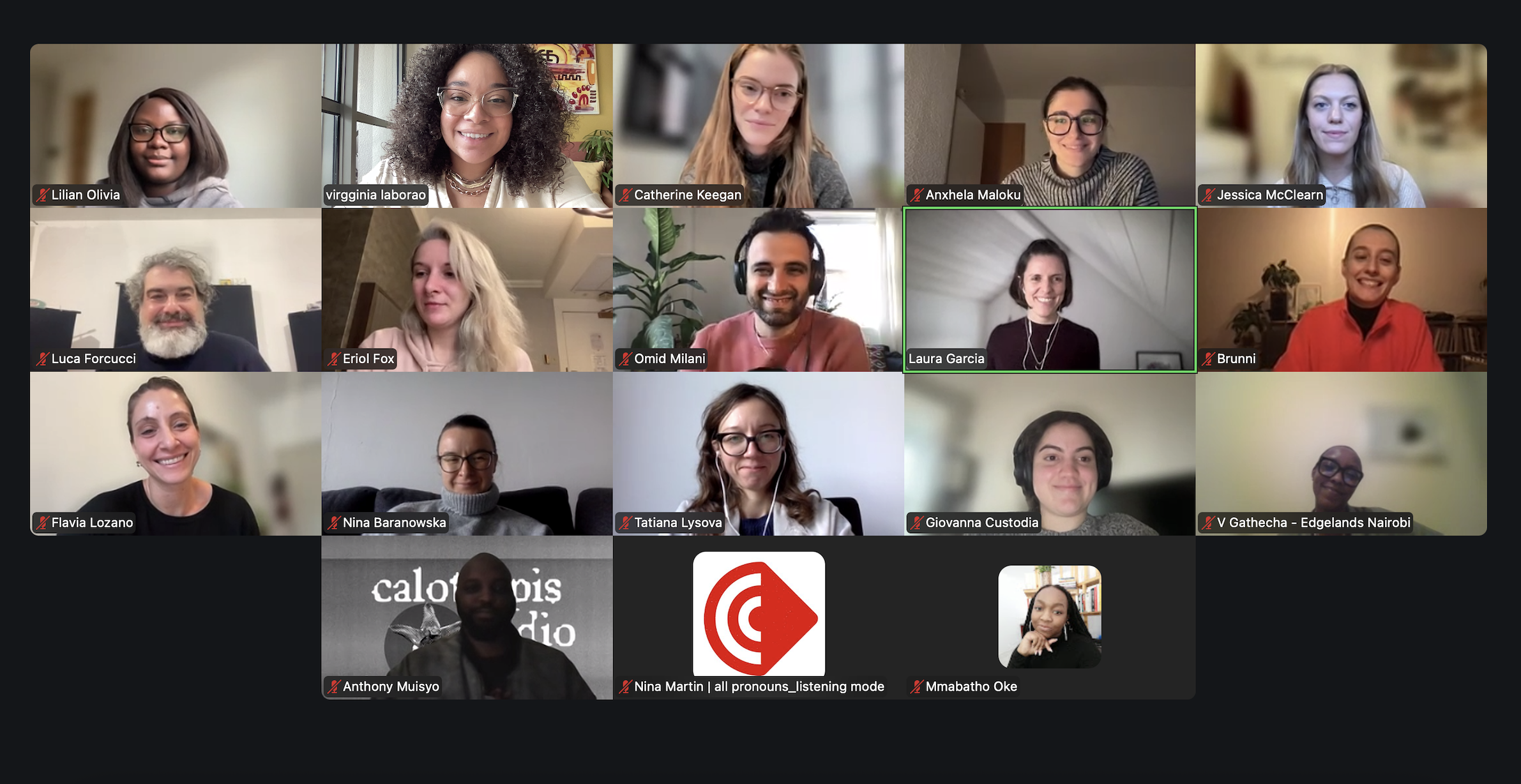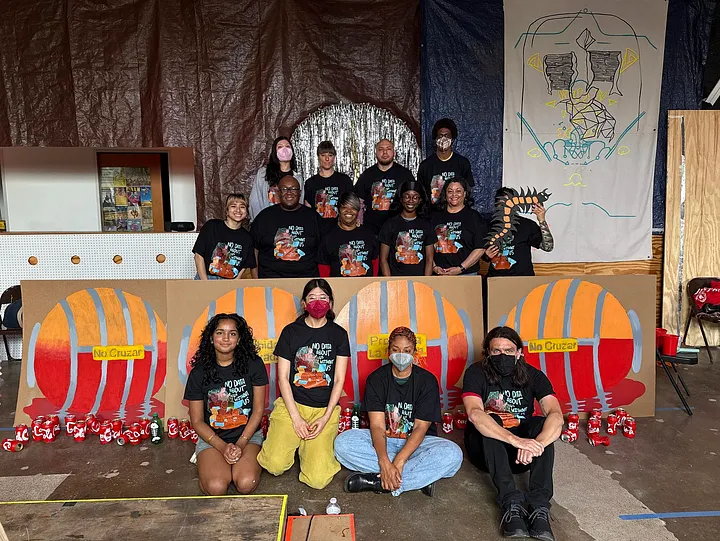Annonce de notre partenariat avec Hestia.ai - Chatbot conversationnel sur l'intégrité numérique
Nicola Tenca
GENÈVE -- L'institut Edgelands cherche à faire entendre des points de vue opposés dans le cadre de conversations locales sur la sécurité et le contrat social urbain dans les villes. Cet objectif est en partie atteint par la sensibilisation à l'impact des outils technologiques de surveillance sur les citoyens et à la manière dont ces outils peuvent créer des asymétries de pouvoir.
Nous pensons que les conversations locales devraient utiliser tout ce qui est disponible pour augmenter la qualité et la vulnérabilité de ces conversations. Pour faire référence à notre méthode, nous commençons par un processus de recherche approfondi sur les outils de sécurité urbaine, qui produit un rapport. Ce rapport est utilisé par les artistes, les animateurs, les photographes et les parties prenantes intéressées pour diriger et approfondir les conversations dans plusieurs zones de la ville. Ces conversations génèrent fréquemment un nouveau rapport qui donne le coup d'envoi d'un nouveau cycle de conversations. C'est un cycle qui se répète.
Dans la deuxième itération d'Edgelands Genève, nous rassemblons le réseau Edgelands pour une série de six discussions inter-villes sur l'intégrité numérique et ses implications pour le contrat social urbain pour la sécurité. Notre objectif est de rassembler les diverses perspectives et expériences des différents acteurs des villes Edgelands afin de construire une compréhension collective de cette question cruciale. Un agent d'intelligence artificielle nous rejoindra également pour nous aider à catalyser certaines de ces discussions.
En partenariat avec Hestia.ai, une société d'IA basée en Suisse et créatrice d'Argo, nous développons une série de chatbots d'IA qui ont été formés sur tous les rapports d'Edgelands, les œuvres d'art, les notes de terrain, les notes de communication et quelques transcriptions de réunions afin d'informer et de soutenir ces discussions.
Il ne s'agit en aucun cas d'un substitut aux conversations locales, bien au contraire. Nous espérons utiliser l'IA pour soutenir des parties spécifiques de la conversation qui nécessitent un résumé approfondi, une randomisation, une collecte d'informations et une mise en contexte, toujours accompagnés d'un facilitateur formé pour naviguer dans cet outil. Nous espérons ainsi accroître la capacité des groupes, au-delà des clivages, à accéder aux connaissances produites jusqu'à présent et à les partager avec un plus grand nombre de parties intéressées et de parties prenantes.
Voici comment cela fonctionne : Argo utilise différents modèles LLM pour former des "agents" spécifiques avec différents centres d'intérêt organisationnels et conversationnels. Par exemple, Edgar en sait beaucoup sur nos rapports, tandis que Don sait très bien comment partager une idée dans une histoire. À la question "Quel est le principal résultat du travail d'Edgelands à Medellin ?", par exemple, "Edgar" se réfère à une liste de documents sur lesquels il a été formé pour donner une réponse brève et perspicace, tout en renvoyant aux documents originaux pour une consultation plus approfondie. Bien que rien ne remplace la lecture de sources primaires et secondaires, cela permet aux parties intéressées d'accéder, à première vue, à une source tertiaire "apparemment objective" qui aide à susciter l'intérêt et à entamer des conversations.
Nous formons actuellement les agents. Nous espérons qu'ils nous aideront bientôt à catalyser ces discussions et qu'ensemble nous pourrons explorer la possibilité de générer de nouvelles idées autour du contrat social urbain et de l'intégrité numérique.



